Co-Director Moses Bwayo on the Harrowing Journey to Capture the Oscar-Nominated Doc “Bobi Wine: The People’s President”
Imagine for a moment if a music icon like Beyoncé or Dolly Parton ran for United States President. Cool, right? But imagine, during their campaign, they were arrested, brutally beaten, and thrown in jail by the incumbent government while their supporters were detained, shot at, and killed. As Americans, would we simply look the other way? In Uganda, similar events actually took place leading up to the 2021 presidential election as Bobi Wine, a superstar musician, activist, and former member of parliament, ran for office against President Yoweri Museveni, who had been in power since 1986.
Directors Christopher Sharp and Moses Bwayo first set out to document Bobi’s cultural influence through his music, but the story took a turn as Bobi stepped further into the political sphere, gaining popularity among Ugandans who sought change. What followed was a five-year journey of Bobi’s heroic path leading up to the 2021 election, one riddled with horrific violence and life-threatening uncertainty.
Close to 4,000 hours of footage was turned into a two-hour documentary called Bobi Wine: The People’s President. Now nominated for an Oscar, the film authentically represents “not just the dramatic events unfolding in Uganda, but also the raw and genuine spirit of an inspiring group of people.”
Below, co-director Moses Bwayo shares his experience working on the film, how the government actively suppressed media coverage that supported Bobi Wine, and how he survived the violent acts that threatened his own life.
How did you come to meet co-director Christopher Sharp?
I met Christopher through a mutual friend; we were introduced in mid-2017. Christopher had traveled to Uganda to assemble a team to start the film’s principal photography. We met at a little downtown hotel, and he shared the idea of the film. I felt compelled, and I quickly said yes. Bobi is an inspiration to the youth in Uganda, and his message at the time profoundly spoke to my heart.
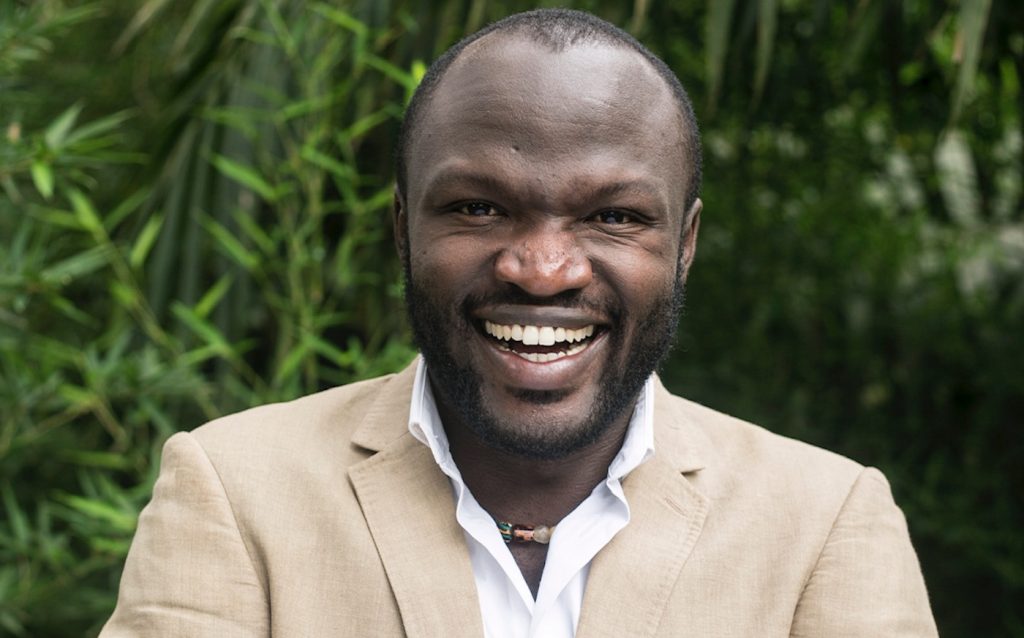
Can you talk about how you and Christopher wanted to tell Bobi’s story?
As documentary filmmakers, Christopher and I wanted to tell the most honest story about the Ugandan struggle for democracy, peace, and freedom. We quickly realized that this story would be best told as an observational documentary through Bobi Wine and those close to him. His wife was a central character in the story. In the five years following Bobi and his wife, we filmed multiple other characters who were essential to the story, but we knew if we stuck closely to Bobi and Barbie, the story would be strong, and through them, we would see the struggles of the Ugandan people. We leaned towards cinema verité to best portray this poignant story. We also wanted to tell an inspirational story, to give hope to our audience and get them to want to act after they saw the film.
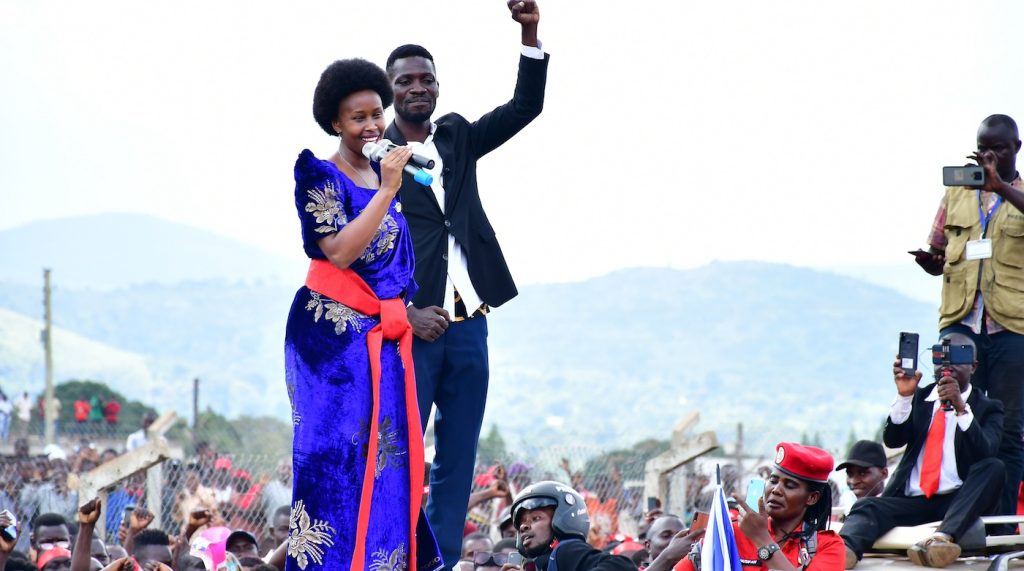
The documentary uses crowd-sourced footage to help tell the story. How was the team able to collect and manage it all?
Yes, we had a lot of footage from citizen journalists. One of the film’s producers, John Battsek, helped us assemble a great post-production team that received, managed, and sourced a lot of footage; our co-producer and archive researcher, Megan Horlinghurst, went through tons of footage archives from online sources and media organizations to find what was suitable for the edit. We also collected a lot of footage from the Ugandan public.
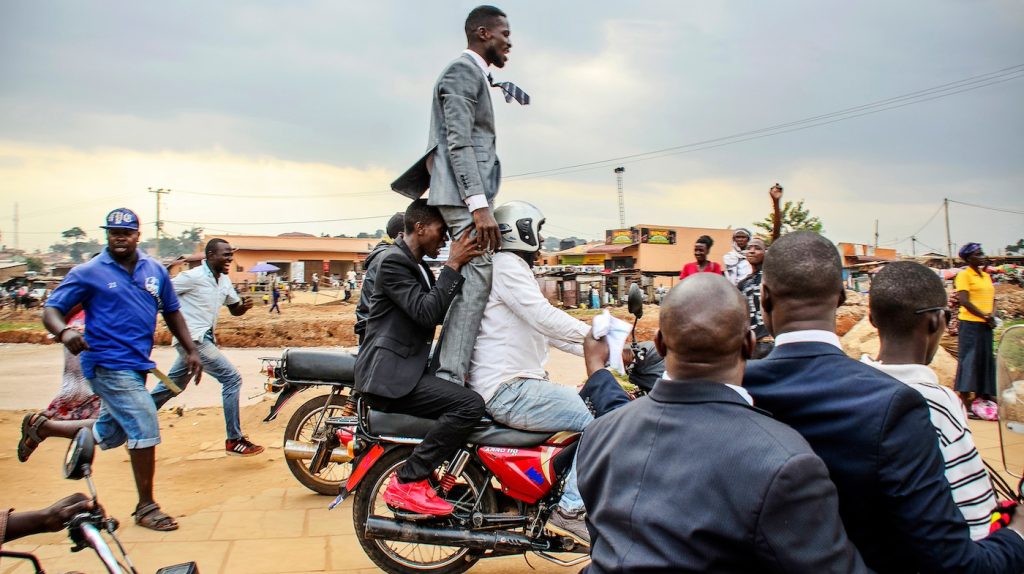
Did the government try to restrict Bobi Wine’s media coverage?
In late 2018, the Ugandan government clamped down on media houses and journalists covering Wine’s political events. This has led to self-censorship by media houses and journalists in the country, and it isn’t easy to find honest reporting there. There has been a rise in citizen journalism around the country. Most of them use their mobile phones to broadcast to social media channels. In the five years of following Bobi Wine, I got deeply embedded in the political movement; I knew lots of bloggers and thought leaders who shared a lot of their content online, and we collected a lot of this footage like the November 18th and 19th murders committed by the military, police, and army; the public filmed and posted videos online, these clips became an asset to tell the story of the November 2020 murders.
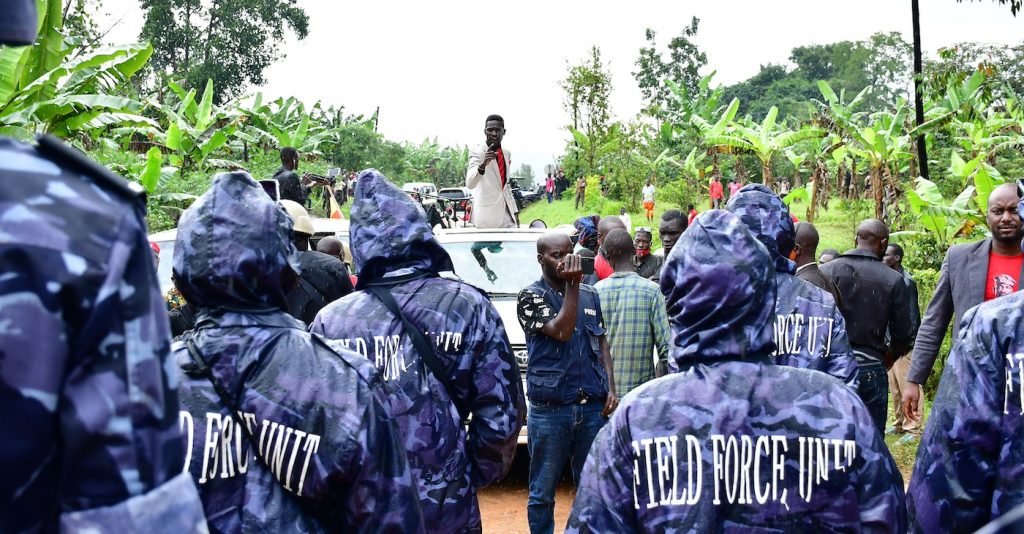
What shocked you the most about how far incumbent president Yoweri Museveni would go to retain his power?
There were multiple shocking moments. However, the most profound moment was the violence that the state apparatus was willing to cause upon the population. The violence was meted upon politicians and their supporters; however, as we got closer to the general election, it was directed towards journalists covering political events. Some media houses had their licenses withdrawn for covering Bobi Wine’s political events. Wine was the primary challenger to the establishment, a now 38-year-long dictatorship bent on consolidating power. This was shocking because journalists are mandated to cover news and report on the situation in the country; it was appalling to witness the situation deteriorate to this level.
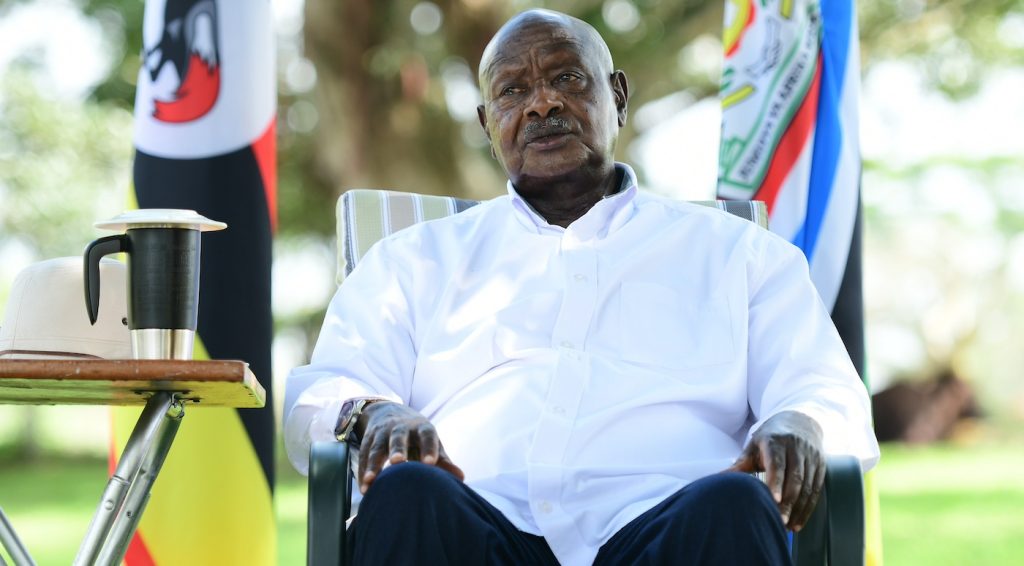
Speaking of violence, you were arrested, imprisoned, and shot at while filming. Do you think if you were documenting and supporting Museveni your treatment would have been different?
Covering Bobi Wine was dangerous for journalists; we were brutalized multiple times. I can’t remember any moment when we interacted with the police or military and weren’t brutalized. As you have clearly stated, I was arrested on multiple occasions and locked up in jail, and as the election drew closer, I was shot in the face at close range. The stakes were high while making this film. I have friends who, until today, we don’t know where they are; others have had life-altering injuries. The police and army protected the Museveni campaigns; on the other hand, his supporters were at no point arrested or had their rights violated in any way. Journalists on his team would get special treatment from the state establishment.
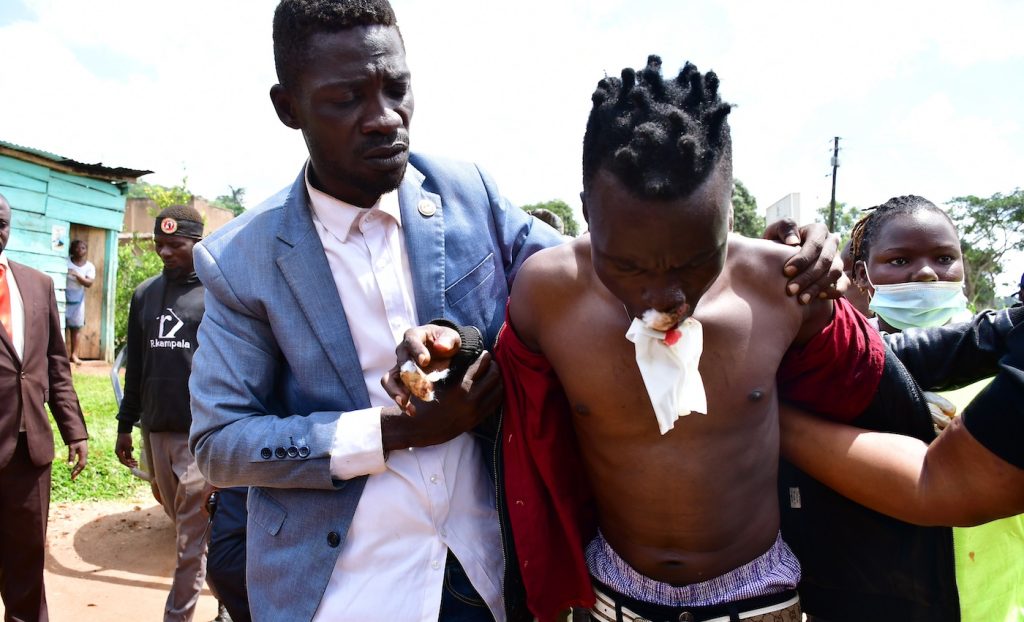
Following the election, Uganda’s internet went offline, and we see Bobi and his wife, Barbie, essentially imprisoned in their home waiting for the results. What were those moments like for the crew?
I spent about 14 days under house arrest with Bobi and Barbie; we were surrounded by the military, police, army, and plain-clothed gunmen; there was a heavy deployment around the house. We were worried that at any moment, the police and military would break into the house; that was our greatest fear. It felt so foreign; we were in the house without access to the outside, and we started running out of food as no one was allowed in or out of the compound. When the police and military later withdrew from the compound, I did not leave immediately. I knew the house was still under heavy surveillance. I knew I might be followed and have the footage confiscated. I waited until Bobi participated in a press conference with many journalists in attendance. I left mixed up in the group of those journalists. I sent the footage ahead of me with a “boda boda,” a motorcycle taxi, so the footage would still be safe if I had been followed.
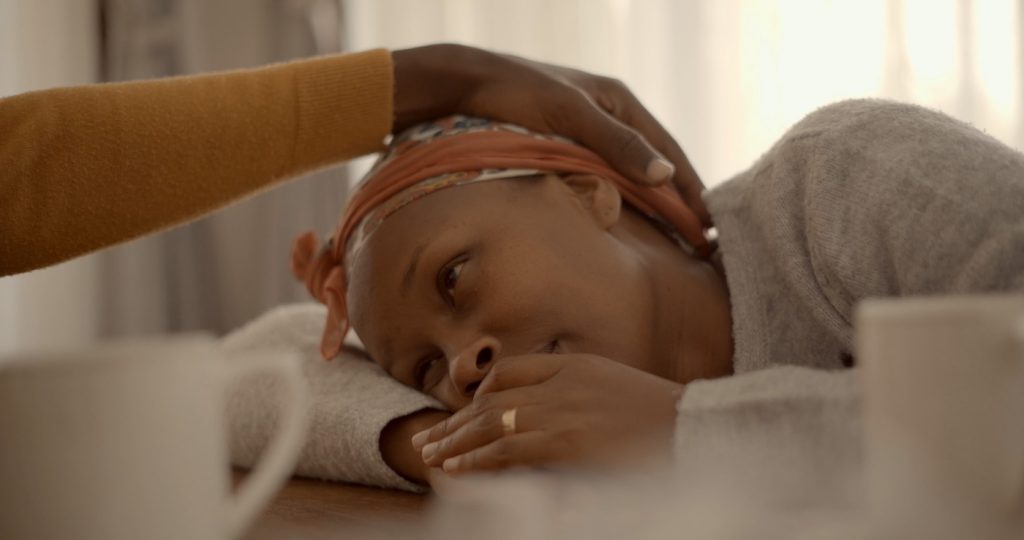
The film shows Yoweri Museveni supporters and how they organized similarly to Bobi Wine supporters but were never reprimanded for their actions, unlike Wine supporters. Having witnessed the election, do you feel Museveni had enough votes to win?
Museveni would have lost that election if it had been in a free and fair contest. Yes, we did show some rallies by Museveni. However, we didn’t tell the audience that most of those supported were either paid to attend those rallies or were ferried to those regions from Museveni’s home districts where he enjoys support because of tribalism, which he has encouraged through nepotism. Museveni has lost support amongst the population, and his political party, the NRM, is exceptionally corrupt; they have made politics expensive in general because of the corruption and voter bribery they oversee.
What do you think is the future of Uganda after Museveni is out of office?
The people of Uganda have endured 38 years of strongman military rule. Museveni has held a firm grip on power by rigging elections and changing the constitution twice to allow him to run. He continues to oppress his opponents with the state apparatus. Uganda has never had a peaceful transition of power; Museveni came through a long, brutal guerilla war promising a fundamental change and a return to democracy; that war was waged in a densely populated region of the country in central Uganda, the war left over half a million Ugandans dead. The Ugandan people hoped this democrat would provide the much-needed solutions to the country’s problems. However, his regime has been a shadow of his once glorious past.
Do Ugandans remain hopeful?
Ugandans are hopeful regardless of the continued repression. Uganda is the second youngest nation in the world, with over 75% of the population under 35. The young people of Uganda are ready for change and demanding it. The future of a free Uganda free from political violence and a Uganda that accommodates us all is possible. It is achievable through free and fair elections, and as Bobi Wine says, “Violence begets violence.”
You can watch Bobi Wine: The People’s President on National Geographic and other streaming platforms.
Featured image: Bobi Wine on top of his vehicle during the 2021 presidential campaigns as he solicited for support in Nakaseke, Central Uganda on November 18, 2020. (photo credit: Lookman Kampala)



